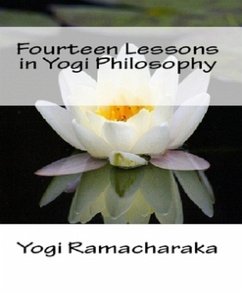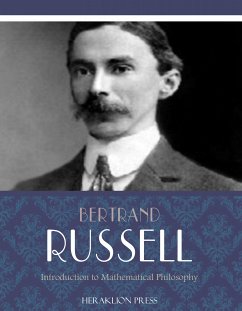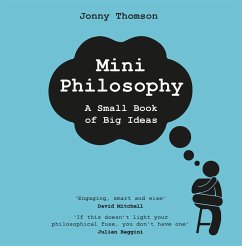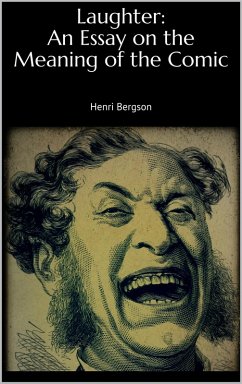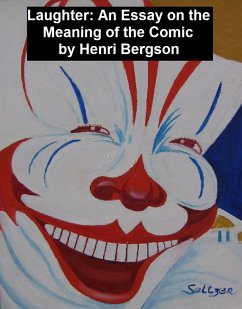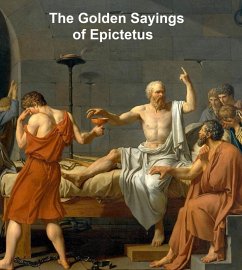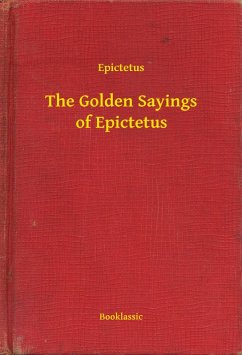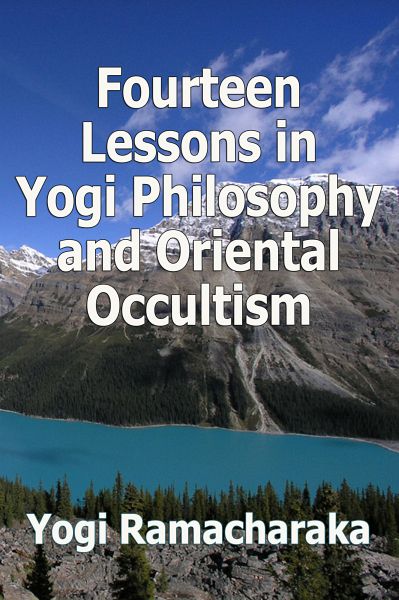
Fourteen Lessons in Yogi Philosophy and Oriental Occultism (eBook, ePUB)
Versandkostenfrei!
Sofort per Download lieferbar
2,49 €
inkl. MwSt.
Weitere Ausgaben:

PAYBACK Punkte
0 °P sammeln!
We intend to speak to you just as if you were gathered before us in person, and as if we were standing before you in the flesh. We feel sure that the bond of sympathy between us will soon grow so strong and real that as you read our words you will feel our presence almost as strongly as if we were with you in person. We will be with you in spirit, 1 and, according to our philosophy, the student who is in harmonious sympathy with his teachers really establishes a psychic connection with them, and is in consequence enabled to grasp the "spirit" of the teaching and to receive the benefit of the t...
We intend to speak to you just as if you were gathered before us in person, and as if we were standing before you in the flesh. We feel sure that the bond of sympathy between us will soon grow so strong and real that as you read our words you will feel our presence almost as strongly as if we were with you in person. We will be with you in spirit, 1 and, according to our philosophy, the student who is in harmonious sympathy with his teachers really establishes a psychic connection with them, and is in consequence enabled to grasp the "spirit" of the teaching and to receive the benefit of the teacher's thought in a degree impossible to one who merely reads the words in cold print.
Dieser Download kann aus rechtlichen Gründen nur mit Rechnungsadresse in A, B, BG, CY, CZ, D, DK, EW, E, FIN, F, GR, H, IRL, I, LT, L, LR, M, NL, PL, P, R, S, SLO, SK ausgeliefert werden.




